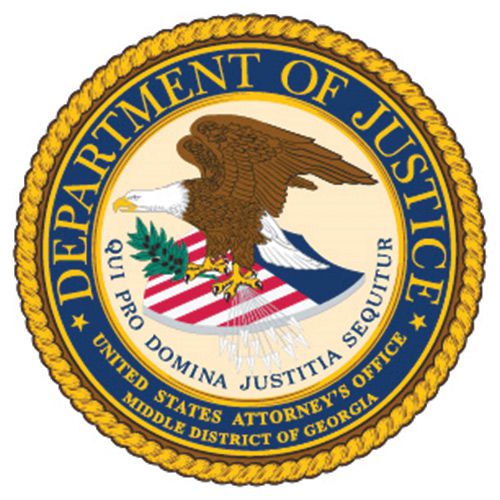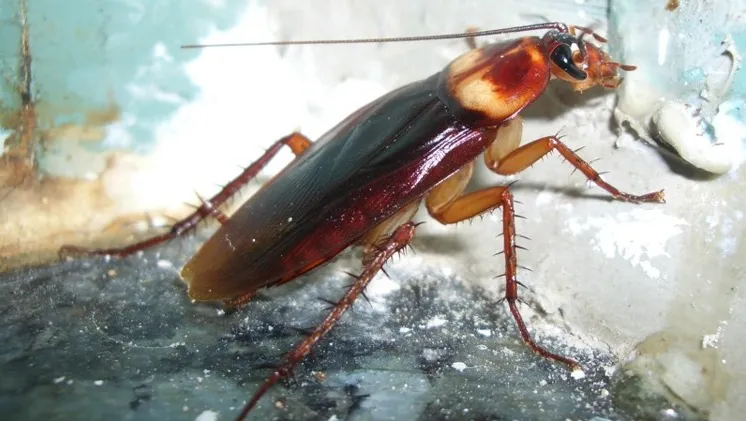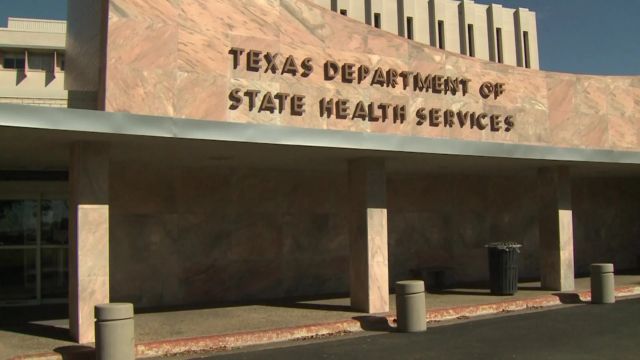Health Alert Issued in Texas Following Human Avian Influenza Diagnosis
The Texas Department of State Health Services, or DSHS, disclosed on Monday a human case of avian influenza A(H5N1), generally known as bird flu, in the state.
According to the department’s news release, the individual had direct contact with dairy cattle suspected of being infected with avian influenza. The DSHS did not identify where the person resides or where they caught the virus; however, officials last week confirmed that an ailment affecting dairies in the Texas Panhandle was bird flu.
DSHS has issued a health alert, advising healthcare providers near affected dairies to be on the lookout for potential human cases and offering testing and treatment advice.
- Auto Insurance Shopping Rises in Response to Soaring Insurance Rates: Report
- Avoid These 7 Missteps When Refinancing to a Lower Mortgage Rate
- Rising Home Prices Amid Slight Mortgage Rate Dip: Analysis
- Fresno County’s Groundbreaking Initiative: $500 Monthly Payments in New Guaranteed Income Program, Here is Who is Eligible
- Unlocking Financial Freedom: 5 Reasons to Opt for Personal Loans in Credit Card Debt Repayment
According to the announcement, the subject solely reported eye inflammation as a symptom. They were tested for the virus last week, and the Centers for Disease Control and Prevention confirmed the results over the weekend. They are currently being treated with the antiviral medicine oseltamivir.
The DSHS stated that the instance “does not change the risk for the general public, which remains low.”
- Will Everyone Get a $12,000 Stimulus Check in 2024? Find Out Eligibility
- $6400 Stimulus Checks in 2024: What You Need to Know About Eligibility and Payment Dates
- IRS 4th Stimulus Check 2024: Comprehensive Guide to Eligibility and Payment Dates
- 3 Smart Moves to Make Once Your Savings Reach $50,000, Here Are Crucial Actions to Take
- 3 Effective Ways to Pay Off Student Loans on a $50K Salary or Less, Know Here!
According to the announcement, the CDC has only reported one previous human case of H5N1 in the United States, with this being the first connected to livestock exposure.
DSHS stated that it is collaborating with TAHC, the CDC, and other state and federal health organizations to examine human and animal infections and determine how the virus spreads to safeguard livestock and those who work with it.
According to the CDC, bird flu is a disease caused by infection with avian (bird) influenza (flu) Type A viruses. These viruses are naturally distributed among wild aquatic birds around the world and can infect domestic poultry, as well as other bird and mammal species. The CDC website states that bird flu viruses do not often infect humans; however, occasional human infections with bird flu viruses have occurred.
The DSHS claims that cattle infections pose no threat to the commercial milk supply and that dairies are mandated to destroy or divert milk from sick cows, and that pasteurization kills avian influenza viruses.
The DSHS says it is advising impacted dairies on how to reduce worker exposure and how persons who work with affected livestock can check for flu-like symptoms and get tested. According to the DSHS announcement, illnesses in patients with H5N1 flu infections varied from moderate, such as an eye infection and upper respiratory symptoms, to severe, such as pneumonia and death.











